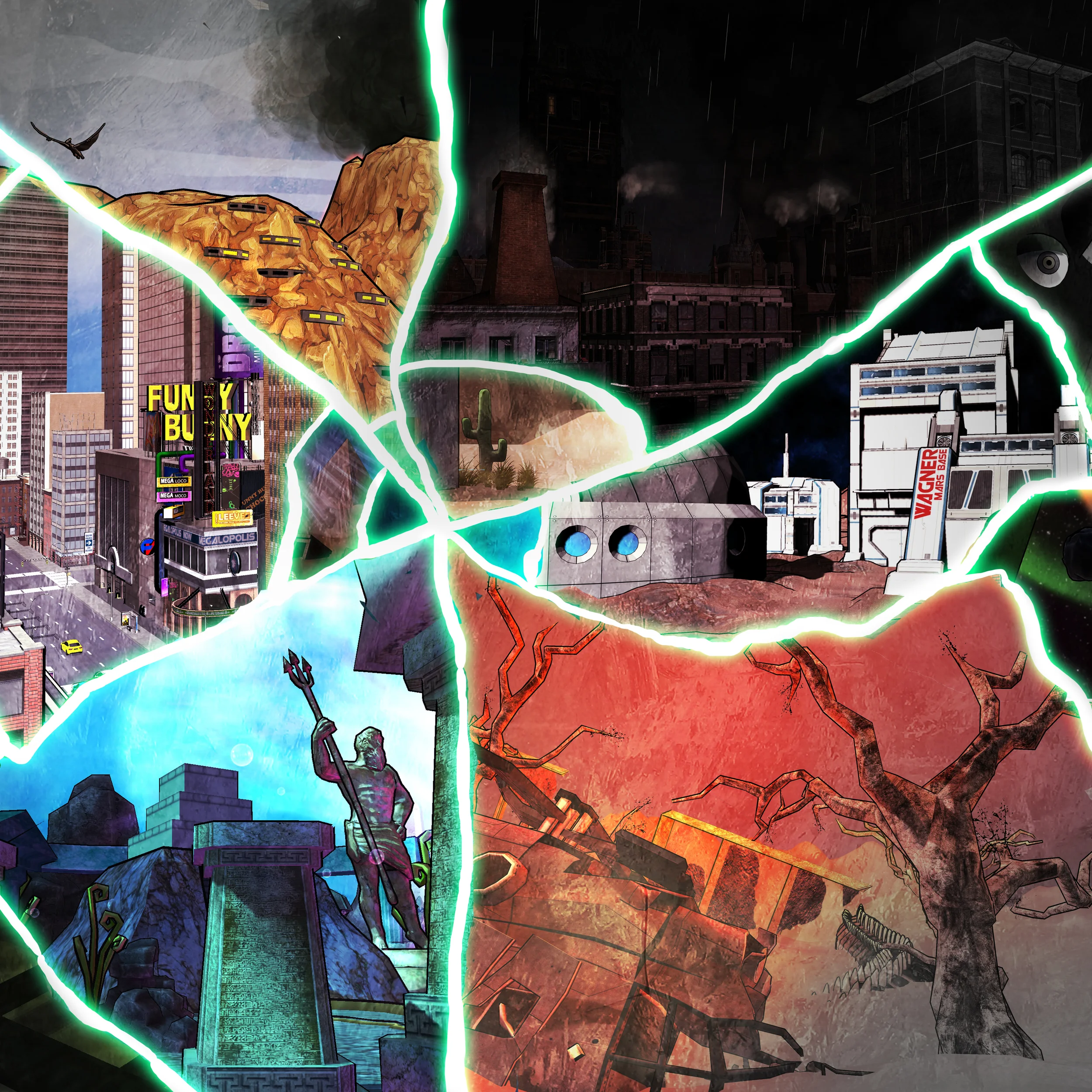I just finished reading this article about the "secondary games market", aka, Used Games. Well reasoned, it reminded me that I've had something to say about this for a while.
The Phantom Buyback
At PAX East this year, I attended a "Legal Issues in Gaming" panel run mostly by lawyers, several of whom represented big game publishers. At some point in the the panel, they asked for a show of hands "how many of you buy used games?" I raised my hand. Then they asked, "How many of you think the publisher or developer should be getting a cut of that sale?"
My hand went down and I was frankly shocked at how many stayed up.
Now I'll admit, I consider myself (maybe narcissistically) to be more informed than the average bear concerning intellectual property issues. This is a very clear case of first sale. Once you've packaged up and sold something, it's not actually yours anymore. If I choose to sell it to Game Stop for $20, and then they turn around and sell it to someone else for $40, that's the market working the way it's supposed to (but the less said about "the free market" the better).
To every publisher or developer who thinks they should get a cut of that sale, I would ask, how much of that $20 I got from Game Stop came from you exactly? And while we're at it, how many publishers actually run their own buyback programs for used games to compete directly with this model? Why settle for a cut of that resale price when you could have the whole thing?
My guess is because they don't like the entire concept of competing on price and having several used game outlets would open used games up to something most intellectual property never has to worry about - commoditization. Since copyright is essentially IP monopoly, most IP creators have gotten used to the idea of being able to name their price. Competition in the used games market (for both buyers and sellers) adds an element of instability that most would rather not deal with.
Digital Distribution or Digital Extortion?
Another point made by a panelist was that digital distribution would help this problem "self-correct". I agreed, but given the way things have been going, I think we were thinking about it in very different terms.
From my point of view, the "digital distribution" angle is very clearly happening in places like the App Store. We are seeing, in some cases, the exact same game that sells for $50 in a box going for $9.99 (if even that) on the App Store. And this is often times after additional development costs to translate to a touchscreen control system. But it's a lot easier to justify a $10 price tag when you know every sale is final (no resale of digital goods, for now at least) and the volume has the potential of hitting 200 million.
Unfortunately, I fear this is not the digital distribution you're looking for. I think he was referring to the increasing popularity of locking off parts of the game behind a single use code included in the box.
Some of you might remember the dust up when the Downloadable Content for Bioshock 2 was in fact already on the disc. Back then, many felt they were being charged for something they already paid for. The single use code does essentially the same thing. To the point where Game Stop has actually been sued over deceptive practices over the fact that stuff pictured on the box isn't actually included when the game is sold second-hand.
Bravo lawyers, bravo. You turned it around on them.
But the overarching point in my mind is really quite simple. If you don't want people to "wait till they can buy it used", you price it to move. Hell, I've bought every Lego Star Wars game new and I then sold them back but I've almost re-bought several of them over xbox live because, two years later, who can argue with $19.99? If it had been $19.99 to start, maybe I would have just kept it instead of getting $25 back from the $50 I spent. After trade and buying it a second time, I still will have spent less than buying it new and keeping it.
With a value proposition like that, why wouldn't I trade my games and more importantly, why would I care if the developer didn't get a cut of the used sale? Clearly the game is only worth $19.99, right? So why shouldn't I be incensed that I paid $50 in the first place?
Why indeed.


